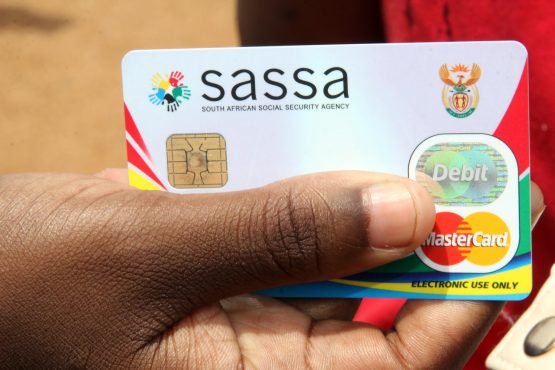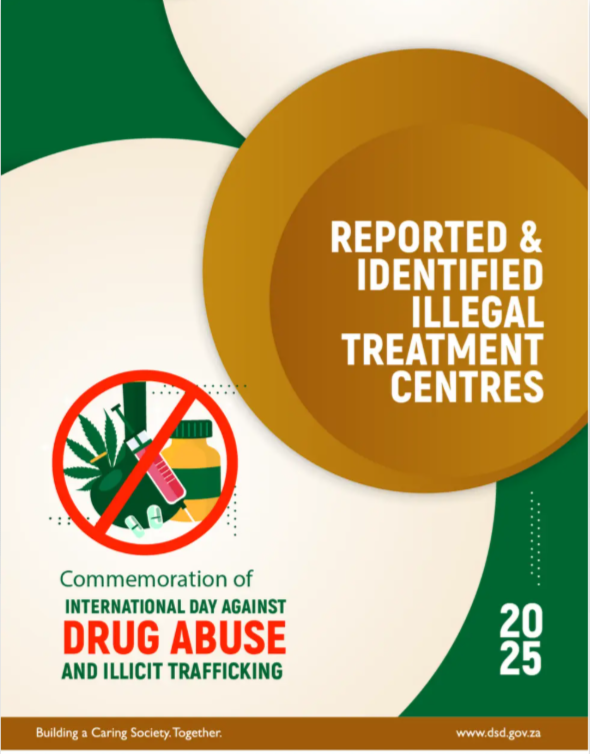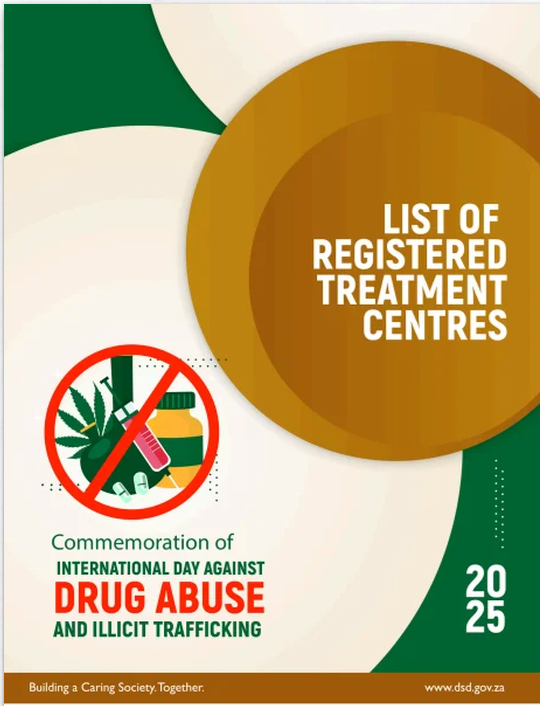- A study on the impact of the Men Championing Change programme has been presented to an international conference for social work education institutions.
- Social work policy developer for HIV and Aids in the Free State Department of Social Development, Mookho Shikwambana, provided an impact assessment of the programme run in two Free State districts since 2018.
- Men Championing Change is one of the compendium social and behaviour change programmes run by the Department of Social Development.
Research has shown a strong correlation between gender-based violence and the prevalence of HIV.
This is one of the key points made by social work policy developer for HIV and Aids in the Free State Department of Social Development, Mookho Shikwambana, in a timely presentation on Engaging men to pioneer the prevention of gender-based violence and femicide as well as HIV through social and behaviour change programmes – Men Championing Change.
Her presentation was one of many at the Association of South African Social Work Education Institutions International Conference currently underway at the University of the Free State, in Mangaung.
On from 10 – 12 September 2025, the conference is taking place under the theme “Advancing social and environmental justice, peace building, and sustainable development through teaching, research and practice”.
Shikwambana, who is responsible for coordinating, overseeing, monitoring and supporting the implementation of HIV prevention programmes in the Free State Province, provided a context to the implementation of social behaviour change programmes run by the provincial Department of Social Development.
Her presentation emphasised the prevalent social ills faced by communities, particularly women and children, and the impact of HIV and of gender-based violence.
She noted that the discourse around HIV often overlooks the social and structural drivers that are the root causes of infection, pointing out that research consistently shows that there is a strong and complex link between gender-based violence and high rates of HIV infection.
A 2022 study by the Human Sciences Research Council found that 2 150 342 women aged 18 and older in South Africa had experienced sexual violence. This, at a time when eight million people in South Africa are living with HIV, according to the South African National Aids Council’s 2022 statistics.
It is important to note that the National Strategic Plan on HIV, TB (tuberculosis), and STIs (sexually transmitted infections) 2017 – 2022 called on social scientists to conceive a pathway to address the social and structural drivers of the epidemics. These drivers are not individual behaviours but rather the broader societal conditions that create an environment where HIV thrives.
This was one of the reasons the Department of Social Development developed and later implemented a compendium of social and behaviour change programmes.
“The compendium aims to challenge behaviour, social norms, cultural practices and beliefs that promote risky behaviours, demeaning practices and isolating ideas, thereby promoting positive behaviour.”
The Men Championing Change, Shikwambana said, is one of the social and behaviour change programmes.
It targets men from 19 and upwards, creating an enabling environment in which men can talk freely about HIV and gender-based violence prevention, and where they can gain positive values towards sex and sexuality.
“Men face various social challenges that affect their mental well-being. When faced with adversity or immense pressure some men become violent and harmful to themselves and those around them,” Shikwambana said.
“Their reaction to pressure and adversity is exacerbated by socio-structural aspects such as traditional gender norms assigned to men and women.”
The Men Championing Change programme allows men to engage meaningfully with other men to map out plans to take responsibility actively in dealing with social ills such as HIV and gender-based violence and femicide
Shikwambana’s presentation was based on the results of the programme run in the Free State since 2018.
Her findings were that most men reported having received a sense of belonging and relief by taking part in the Men Championing Change programmes and dialogues in the Mangaung Metro and Fezile Dabi district.
The dialogues tackled topics such as what men go through. Their response to such discussions was relief to find commonalities in the challenges they go through. The sessions provided clear evidence that men are capable of openly discussing and expressing their emotions in the company of other men in a non-judgmental atmosphere.
Findings confirmed that collaborative efforts work better for men rather than expecting them to face the issues alone, Shikwambana said.
Men should, therefore, become equal partakers in the fight against new HIV infections and against gender-based violence and femicide, and the Men Championing Change programme should receive precedence as a key intervention.




